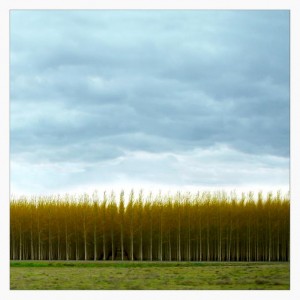 I used this image in my talk at Farleigh Dickinson today to talk about the purportedly living forest of Birnam Wood in Macbeth and, by extension, the dream of a green pastoral ecology — a place of natural stability and sustainability that can serve as a kind of model for human practices.
I used this image in my talk at Farleigh Dickinson today to talk about the purportedly living forest of Birnam Wood in Macbeth and, by extension, the dream of a green pastoral ecology — a place of natural stability and sustainability that can serve as a kind of model for human practices.
I then went on to talk about a “blue” or oceanic ecology based on change & disorder, using this image 
As I was talking about these two visions of nature in the play, I admitted that they are caricatures or cartoons, but I also got a great question, after the talk, from a grizzly old guy who, apparently, hadn’t wanted to raise his hand in the full Q&A.
“I live in the woods,” he said. “It looks nothing like that picture. The woods are messy, chaotic, with things falling & breaking & dying everywhere you look. That picture isn’t a real woods. It’s something somebody planted.”
Sounds right to me. The green world, the green pastoral utopia that will heal all our ills, is a fantasy projection.
I suppose that implies that the blue world is too.
Birnam Wood, though, (at least when it is the moving forest the soldiers are carrying) is also not a “real woods”. It’s a plant, a facade that’s being used for a purpose. So I’m not sure the chaotic nature of the “real woods” would even apply.
It’s a really interesting distinction he brings up — the chaos of nature vs. the order of something that’s been planted. I think the natural forest might be a good parallel for the blue world with the chaos he describes. When something is “pastoral”, doesn’t that have a greater sense of being man-made, cultivated, and controlled?
The pastoral, which originally refers to a shepherd’s landscape, marks a kind of interweaving of the human & nonhuman, a kind of prettier-than-reality vision of otium (peace or leisure) taking the place of negotium (work). It’s an interesting question as to whether a pastoral landscape is ever “natural” in a strict sense. Timothy Morton, in a very interesting book called *Ecology without Nature* that I know Derek Owens is engaged with as well, argues that the basic concept of a natural world that is someplace else, outside of and uncontaminated by human artifice, is one of the things we as a culture need to give up. To much “nature,” Morton says, has helped kill the biosphere.